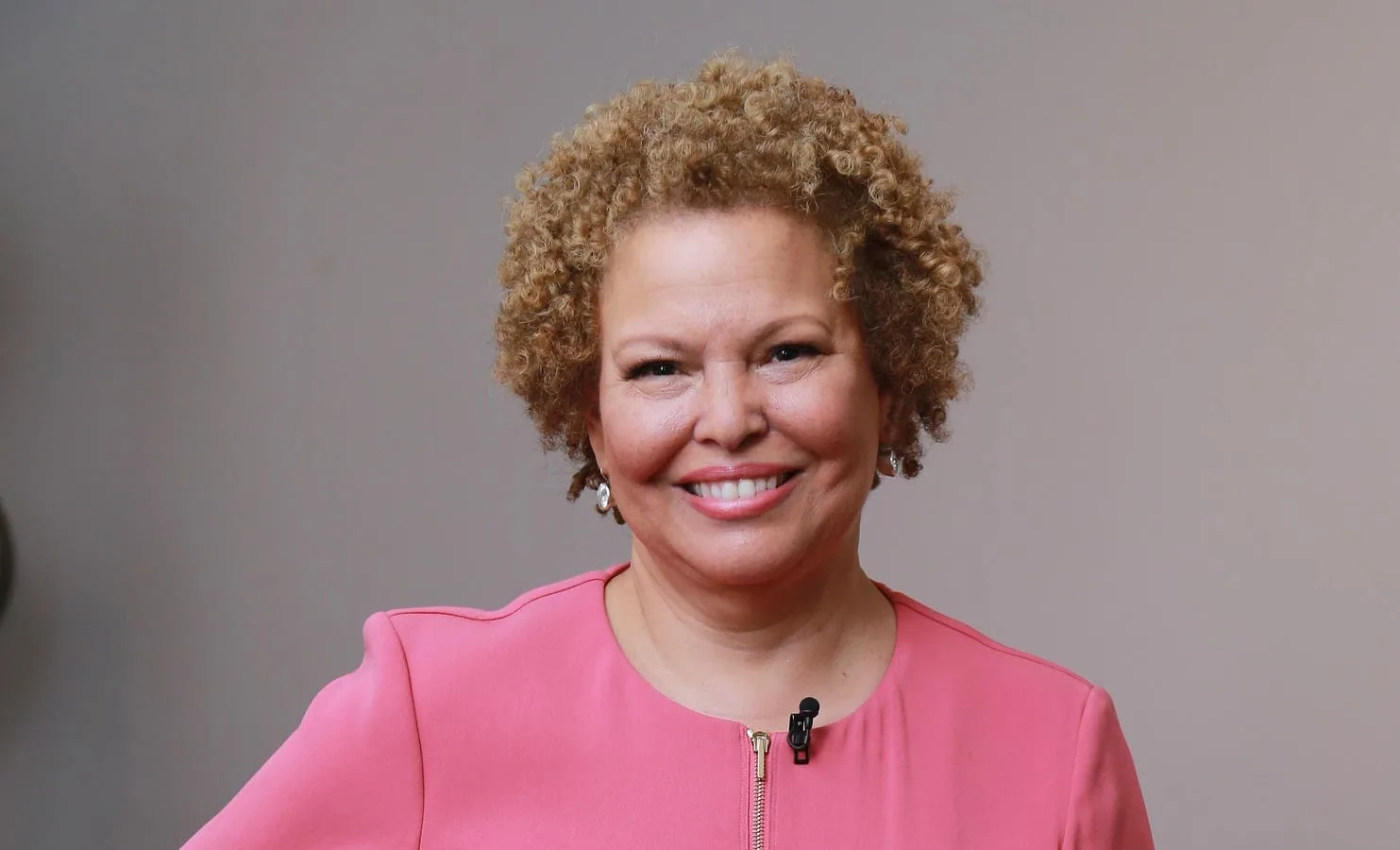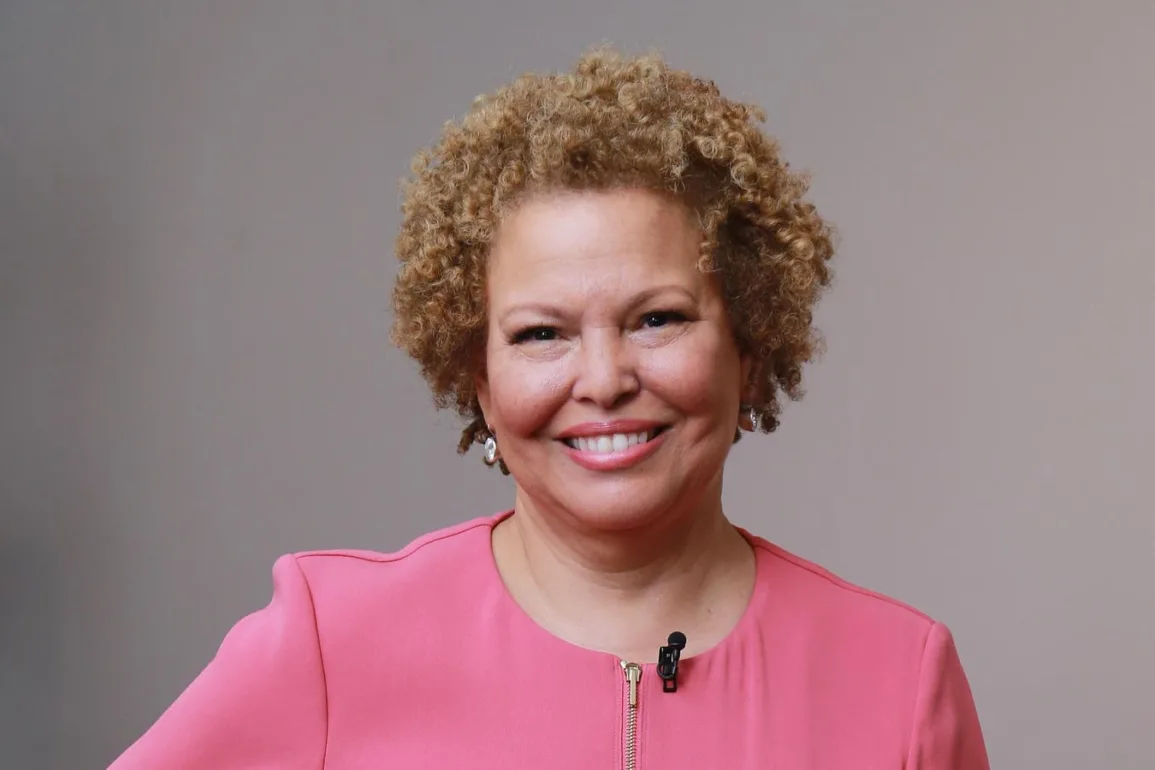
According to USA TODAY, white men are almost q8 times as likely to be an executive than Black women. After George Floyd’s death in May 2020, Black women received a lot of attention for our efforts in diversity, equity, and inclusion in corporate America and beyond. Despite the death of George Floyd causing a racial reckoning in the United States, many companies’ enthusiasm for DEI work has dwindled over the past three years.
That’s why I spoke with four Black women who’ve held executive level positions at large companies. They discussed the importance and impact of Black female representation in the C-suite.
UnitedHealth Group’s executive vice president and chief sustainability officer Patricia Lewis believes Black women have to work much harder to get to the C-suite. “I’ve had many roles where I didn’t see anybody that looked like me coming through until I got there. I had to work hard to stand out. I’ve had to prove myself and always perform stellarly,” she said. “I am a part of the executive leadership team of the company. I’m very visible. I see the impact that has on aspiring Black women of all ages,” Lewis told me. And other Black women who’ve worked in the C-Suite agree.
“Black women deserve to have a seat at the table. Our voices matter. Until corporate boards accurately reflect the diverse population of our country, businesses can’t properly address real world issues,” former BET CEO and author Debra Lee told me in an email. “Black consumers have major purchasing power. If companies don’t give Black women a seat at the table, an entire sector of consumers is left out of the conversation and that will continue to negatively impact their bottom line,” she said.
Lee is no stranger to the C-suite. She joined BET in 1986 as general counsel. Her responsibilities ranged from helping take the company public to making BET the first Black-owned company to be traded on the NYSE. In 1996 she was named COO of BET and became chairman and CEO in 2005. She was chairman and CEO of BET for 13 years.
But she is so much more than her experience in corporate leadership. In March the CEO turned author published her book I am Debra Lee: A Memoir. The book explores the complexities of being a Black female executive in the entertainment industry. Lee is one of many Black female leaders that helped break barriers for future generations.
Paula Madison, the CEO of 88 Madison Media Inc. and former president and general manager of NBC4 Los Angeles, has been an executive for 16 years. The Harlem native has a unique perspective as a first generation Jamaican-American from a low-income background.
“My parents had no knowledge of corporate America. The difference between me and some of my peers is that I have been asked ‘wow did you ever think when you were growing you’d be this?’ When a stumbling block presented itself I saw it as a challenge,” she told me. “It has everything to do with the kind of determination you are imbued with and the expectations that your parents have of you.”
The Vassar alum believes that Black people from low-income areas can and should be able to flourish in corporate careers. “I did not grow up with money. People overcome poverty and are still able to achieve. What we are told about ourselves largely shapes our outcome,” Madison said. “When you have a workforce that is multicultural it’s important that the leadership of the workforce reflects the same. African-American women belong in C-suite positions. We excel but have been historically excluded and continue to be excluded. Sometimes no matter how excellent we’ve been we haven’t been able to achieve. Those days haven’t ended, but they have to end.”
Carla Vernón, the CEO of The Honest Company, expressed similar sentiments. Her father was a Panamanian immigrant and her mother was from the south. Like Madison, Vernón had to overcome adversity starting at a young age. Despite facing challenges, she felt inspired by seeing Black women in leadership positions as a child. “When I was young, I was really marked by the experience of having talented, brilliant, bright, charismatic, powerful Black women to look up to in a work setting,” Vernón told me. ‘’The presence of anyone who breaks from the norm helps give confidence and inspiration to people who don’t see themselves as fitting the norm. You have to see it to think you can be it,’’ she said.


